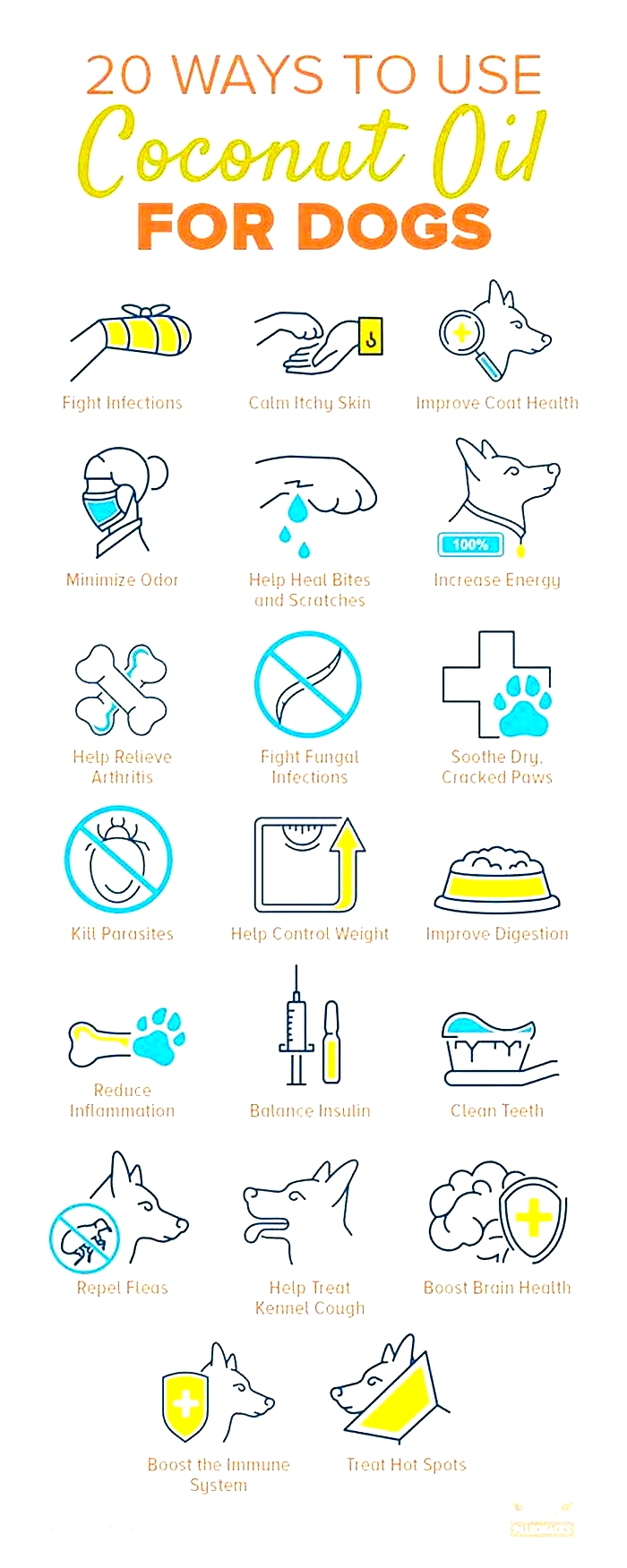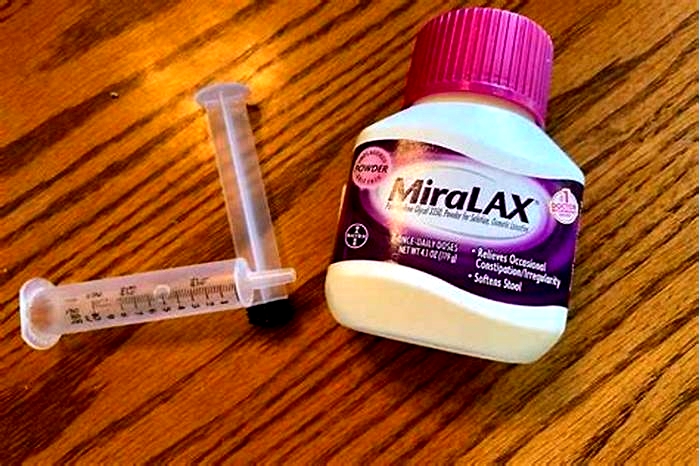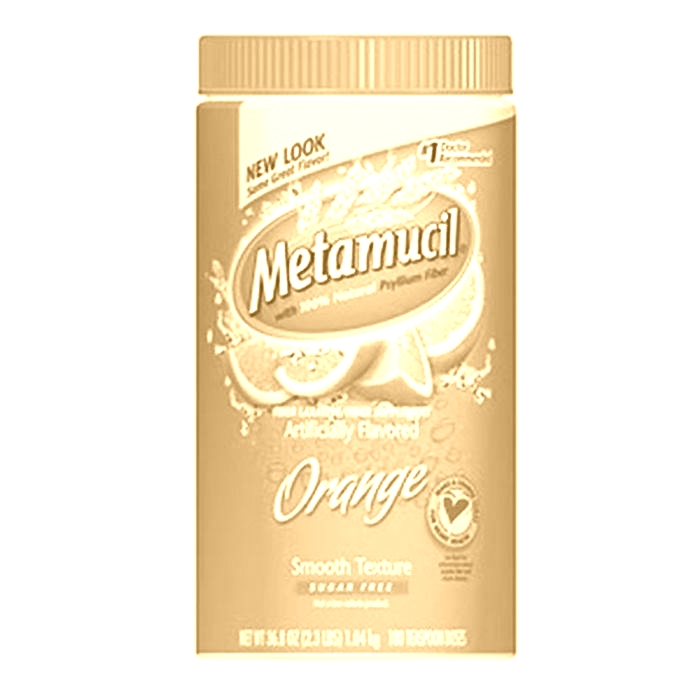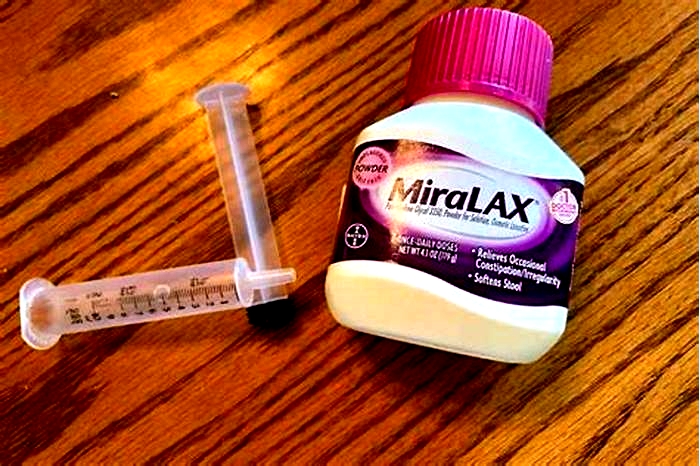Should I give my dog coconut oil

Coconut Oil for Dogs
Coconut oil has become quite the craze in recent years as a popular supplement for people, touted for a wide variety of possible benefits. Coconut oil can be consumed orally, directly placed on food, applied to the skin topically, or contained in supplement form.
But is it also OK to give coconut oil to dogs?
While in very small amounts coconut oil is not likely to cause an issue for your dog, regular use in dogs is not recommended.
Key Takeaways
- Regular use of coconut oil in dogs is not recommended.
- Always consult with a veterinarian before adding coconut oil to your dogs routine.
- While coconut oil offers potential benefits for dogs, it also poses risks such as stomach upset, pancreatitis, and allergic reactions.
What Is Coconut Oil?
Coconut oil comes from the white flesh of the coconut fruit, part of the coconut palm tree. This oil is extracted and is categorized into two typesrefined coconut oil and unrefined coconut oil.
Unrefined coconut oil, sometimes called virgin coconut oil, is minimally processed and retains its flavor; the meat of the coconut is pressed to produce the oil. Refined coconut oil has only a mild flavor but can be used at high temperatures, such as when used for cooking. These oils are then made into preparations for the skin or for oral ingestion.
Is Coconut Oil Safe for Dogs?
In small quantities, coconut oil can be given to dogs for a variety of reasons, but mainly for its medium-chain triglycerides (MCTs) as a source of saturated fat, also known as the good fat.
MCTs are also found in dairy products and palm oil. Coconut oil should be given under the guidance of your veterinarian and gradually introduced into your pups diet. Too much too fast can cause significant stomach upset, and a little bit goes a long way. As with any food, watch for signs of an allergic reaction such as hives or itchy skin.
Coconut oil can be given to dogs in pure form, added to the food or as an oral supplement. It can also be made into a topical preparation for skin issues.
Cold water fish oils provide an excellent source of omega-3 fatty acids. Their propensity to cause stomach upset in dogs is also a lot lower than that of coconut oil.
Can You Use Coconut Oil for a Dogs Skin?
Veterinarians typically do not recommend using coconut oil for your dogs skin because the risk often outweighs the benefits.
Coconut oil is often used to hydrate a dogs skin, reduce inflammation, and provide both antibacterial and antifungal properties. However, this remains anecdotal in dogs.
While there are studies in people, there is no scientific evidence supporting the benefits of coconut oil for use on dog skin.
Applying anything to a dogs skin should be done with caution, as dogs tend to lick themselves often and will ingest the substances.
While coconut oil can be ingested, if too much is ingested or its in a form that is not meant to be ingested, significant stomach upset and pancreatitis will develop. Coconut oil applied to the skin can also cause an allergic reaction, making any current skin condition or itching worse.
Can You Use Coconut Oil for a Constipated Dog?
Coconut oil is not helpful for dogs with constipation, as large quantities ingested will cause painful stomach upset and pancreatitis. Even in small quantities, this painful condition can still occur, along with a possible allergic reaction.
In humans, coconut oil is used because MCTs are more easily digested than long-chain fatty acids (LCTs) to help with conditions that cause decreased absorption or maldigestion of fats. Coconut oil is rapidly absorbed by the intestinal tract; therefore, it will not be effective as a laxative in constipated dogs.
Benefits of Coconut Oil for Dogs
Some possible benefits of using coconut oil in dogs are extrapolated from its successful use in humans. They are:
Rich in fatty acids (MCTs)
Lowers cholesterol
Reduces inflammation
Exhibits antibacterial, antifungal, and antiviral properties
Acts as an antioxidant
Aids digestion
Supports heart and brain function
Assists with inflammatory bowel disease (IBD) by reducing gut inflammation
Aids cognitive function
Decreases seizure activity in epileptic dogs
Claims of use in dogs that lack credible studies, even in people, include:
Risks of Coconut Oil for Dogs
Using coconut oil on dogs, whether through ingestion or topical use, carries the following risks to their health:
While coconut oil offers potential benefits for dogs, including skin health, digestion support, and support for other organ functions, it also poses risks such as stomach upset, pancreatitis, and allergic reactions.
Always consult with a veterinarian before adding coconut oil to your dogs routine, to ensure its appropriateness for their individual health needs.
WRITTEN BY
Barri J. Morrison, DVMVeterinarian
Barri Morrison was born and raised and currently resides in Ft. Lauderdale, Florida. She went to University of Florida for her...
How Much Coconut Oil for Dogs? Science-Based Daily Dosages

This guide will discuss the correct amount of coconut oil that your dog should have.
Science shows coconut oil in a dogs diet is great for energy, mental clarity and brain health, but how much coconut oil is the best amount for dogs?
As dog owners, its important to know which fats are considered good for your dog and how much to use.This helps us maximize their longevity. Thats why its not just important to make sure your pup is eating coconut oil, but to know how much coconut oil is optimal as well.
All fats are not created equal some are great for dogs, while others contribute to heart disease and increasedoverall disease risk. Lucky, coconut oil falls in the first category and is completely safe for dogs. When eaten in the right amounts daily, the benefits of coconut oil can promote your dogs long-term health.
Coconut Oil and MCT: The Breakdown
In order to understand how much coconut oil for dogs is the correct amount, lets look at its properties.
Coconut oil is made up of about 90% saturated fats and 9% unsaturated fats. The fact is, dogs need saturated fats like those in coconut oil in order to maintain healthy skin and long-term brain health, and well get back to that later.
Inthis eraof growing chicken allergy in dogs, very few dogs are allergic to coconut oilmaking it easy to fit into their diet!
While dogs need some fat from animal sources, none of those can reach the specific benefits of coconut oil because they lack medium chain triglycerides (MCTs).
Over 50% of the fats in coconut oil are MCTs. Although sometimes it may seem like a buzzword, medium chain triglycerides actually play such an important overall role in a dogs good health.
Here are some quick facts about MCTs:
- MCTs have antibacterial and antiviral properties[*]
- MCTs are converted into ketones which improve brain function in dogs[*]
- MCTs from coconut oil can help dogs manage epilepsy[*]
- MCTs from coconut oil could help manage blood sugar levels[*]
- MCTs from coconut oil could potentially promote weight loss[*]
With all of coconut oils unique properties, we start to get a better picture of why this superfood has become so supported by the pet nutrition community, and why it should be included it in a dogs diet.
How Coconut Oil Impacts a Dogs Body
Now lets start to talk about dosages.
Since coconut oil is 100% fat, each gram of coconut oil has 9 calories, while carbohydrates and proteins have less than half that amount per gram, coming in at 4 calories each.
Normally when looking at how much coconut oil for dogs is necessary, caloric value would be an important consideration. However, while coconut oil has many benefits and is more calorie dense, a study by the Journal of the American Veterinary Medical Association suggests that coconut oil mixed into a dogs food helped them actually lose more weight than dogs on regular dog food [*].
But how could this be?
Interestingly, the medium chain triglycerides contained in coconut oil are digested differently than long chain triglycerides.
An MCT molecule has 6 to 12 total carbon atoms, while a long chain triglyceride molecule has over 12. Some long chain triglycerides, such as omega-6, have inflammatory properties and are often stored as fat cells in your dogs body. They are not easily digested. Although they are not considered harmful in small amounts, we have plenty more reasons to stick to MCTs instead.
Once MCTs are broken down, they can freely cross into blood circulation through the cells of the intestinal lining. Next, they travel directly into the blood and go straight to the liver. The liver then quickly converts them to ketones.And as you may have guessed, ketones are used as a very efficient fuel for dogs.
A Safe Coconut Oil Dosage
Now that we understand how coconut oil is efficiently digested by dogs, lets look into smart dosages.
In a study by the National Institutes of Health, dogs were given various amounts of coconut oil and their vitals were tested[*].
The dogs were fed coconut oil in the amounts of 0%, 5%, 10% and 15% of their food over a 90 day period. They were monitored for signs of toxicity by clinical observations, body weight measurements, food consumption level, physical examinations, hematology and serum chemistry, ophthalmic examinations and urinalysis.
At the end of the study, there were no signs of toxic effects observed in any of the dogs related to their food, and the animal viability was 100% by the studys conclusion.
However, there were some differences seen at the various coconut oil levels. With coconut oil at 15% of their diet, many dogs would not eat their food based on palatability issues, so you may want to keep this in mind. However, the scientists noted that no safety concerns were noted at any dosage level.
Recommended Daily Dosage Chart
You should consult your veterinarian to understand whether there are any breed or age-specific issues that may impact your dog specifically. However, these are the generally recommended daily dosages of coconut oil for dogs.
Dog's Weight | Starting Dosage | Daily Dosage |
10 lbs or less | tsp | 1 tsp |
11-20 lbs | tsp | 2 tsp |
21-30 lbs | tsp | 1 Tbsp |
31-40 lbs | 1 tsp | 1 Tbsp |
41-50 lbs | 1 tsp | 1 Tbsp |
51-60 lbs | 1 tsp | 2 Tbsp |
61-70 lbs | 1 tsp | 2 Tbsp |
71-80 lbs | 2 tsp | 2 Tbsp |
81-90 lbs. | 2 tsp | 3 Tbsp |
91 lbs or more | 2 tsp | 3 Tbsp |
As always, your dog may need a bit more than necessary if theyre active, or a little less if they are naturally less energetic.
The benefit of already having the optimal level of coconut oil in your dogs food is that it leaves out all of the guesswork. Heres a dog food with coconut oil that we recommend.
At the end of the day, our pups health is paramount to everything else. By making sure that our furry friends get the appropriate amount of coconut oil, we can help them obtain the benefits of coconut oil found in recent research.
How To Give Dogs Coconut Oil
[ad_1]Coconut oil has been gaining popularity as a natural supplement for dogs due to its numerous health benefits. From improving skin and coat health to boosting immunity, coconut oil can be a great addition to your furry friends diet. However, giving dogs coconut oil can be a bit tricky if youre not sure how to do it properly. In this article, we will discuss how to give dogs coconut oil, along with some interesting trends, common concerns, and answers related to the topic.
**How To Give Dogs Coconut Oil**
1. Start Small: When introducing coconut oil to your dogs diet, its important to start with a small amount and gradually increase the dosage. This will help prevent any digestive issues that may arise from a sudden change in diet.
2. Mix with Food: One of the easiest ways to give dogs coconut oil is to mix it with their regular food. This can help mask the taste and make it more appealing to your pup.
3. Use as a Topical Treatment: Coconut oil can also be applied topically to your dogs skin and coat to help moisturize and soothe dry, itchy skin. Simply rub a small amount onto your dogs skin or coat and massage it in gently.
4. Monitor for Allergies: While coconut oil is generally safe for dogs, some may be allergic to it. Keep an eye out for any signs of an allergic reaction, such as itching, redness, or swelling, and discontinue use if necessary.
5. Consult with a Veterinarian: If youre unsure about how much coconut oil to give your dog or if its safe for them to consume, its always best to consult with a veterinarian. They can provide personalized advice based on your dogs specific needs.
6. Consider the Source: When purchasing coconut oil for your dog, opt for organic, cold-pressed, unrefined coconut oil. This will ensure that the oil is of the highest quality and free from any harmful additives.
7. Be Consistent: To reap the full benefits of coconut oil for your dog, its important to be consistent with its use. Incorporate it into their daily routine to see the best results.
**Interesting Trends**
1. Coconut Oil as a Superfood: Coconut oil has been hailed as a superfood for dogs due to its high levels of lauric acid, which can help boost immunity and fight off bacteria and viruses.
2. DIY Dog Treats: Many pet owners are getting creative with coconut oil by incorporating it into homemade dog treats. This allows them to control the ingredients and provide a healthy snack for their furry friends.
3. Rise in Popularity: The use of coconut oil for dogs has been steadily increasing in recent years, as more pet owners seek natural alternatives to traditional medications and supplements.
4. Social Media Buzz: Pet influencers on social media platforms like Instagram and TikTok have been showcasing the benefits of coconut oil for dogs, leading to a surge in popularity among pet owners.
5. Coconut Oil for Senior Dogs: Coconut oil is also gaining traction as a supplement for senior dogs, as it can help improve joint health, cognitive function, and overall well-being in older pets.
6. Holistic Approach: Many pet owners are turning to holistic remedies like coconut oil to support their dogs health and well-being, in addition to traditional veterinary care.
7. Continued Research: Researchers are continuing to study the effects of coconut oil on dogs to better understand its potential benefits and how it can be used as a natural supplement for canine health.
**Common Concerns and Answers**
1. Can I give my dog coconut oil every day?
Yes, coconut oil can be given to dogs daily in moderation. Start with a small amount and gradually increase the dosage as needed.
2. Will coconut oil make my dog gain weight?
Coconut oil is high in calories, so its important to monitor your dogs weight and adjust their diet accordingly to prevent weight gain.
3. Can coconut oil help with my dogs skin allergies?
Coconut oil has anti-inflammatory properties that can help soothe itchy, irritated skin in dogs with allergies.
4. Is coconut oil safe for all dogs?
While coconut oil is generally safe for dogs, some may be allergic to it. Monitor for any signs of an allergic reaction and consult with a veterinarian if necessary.
5. Can I use coconut oil to treat my dogs hot spots?
Yes, coconut oil can be applied topically to hot spots to help moisturize the skin and promote healing.
6. How much coconut oil should I give my dog?
The recommended dosage of coconut oil for dogs is 1 teaspoon per 10 pounds of body weight, but this may vary depending on your dogs individual needs.
7. Can coconut oil help with my dogs bad breath?
Coconut oil has antibacterial properties that can help freshen your dogs breath when given orally or added to their food.
8. Will coconut oil help with my dogs digestive issues?
Coconut oil can help improve digestion in dogs by promoting the growth of healthy gut bacteria and aiding in nutrient absorption.
9. Can coconut oil be used as a natural flea repellent?
Coconut oil can be used as a natural flea repellent when applied to your dogs skin and coat, but it may not be as effective as traditional flea treatments.
10. Is coconut oil safe for puppies?
Coconut oil is generally safe for puppies, but its best to consult with a veterinarian before introducing any new supplements to their diet.
11. Can coconut oil help with my dogs arthritis?
Coconut oil has anti-inflammatory properties that can help reduce inflammation and pain associated with arthritis in dogs.
12. Will coconut oil help with my dogs dry, cracked paws?
Coconut oil can help moisturize and soften your dogs paws when applied topically, especially in dry or cold weather.
13. Can coconut oil be used to improve my dogs coat health?
Yes, coconut oil can help improve the condition of your dogs coat by moisturizing the skin and promoting healthy hair growth.
14. How long does it take to see results from giving my dog coconut oil?
Results from giving your dog coconut oil may vary depending on their individual needs, but you may start to see improvements in their skin, coat, and overall health within a few weeks.
15. Are there any side effects of giving my dog coconut oil?
While coconut oil is generally safe for dogs, some may experience digestive issues such as diarrhea or upset stomach if given too much. Start with a small amount and monitor for any adverse reactions.
In conclusion, giving dogs coconut oil can be a beneficial addition to their diet when done properly. By starting small, mixing with food, and being consistent, you can help improve your dogs overall health and well-being. Remember to consult with a veterinarian if you have any concerns or questions about giving coconut oil to your furry friend. With the right approach, coconut oil can be a natural and effective supplement for your beloved pet.[ad_2]









